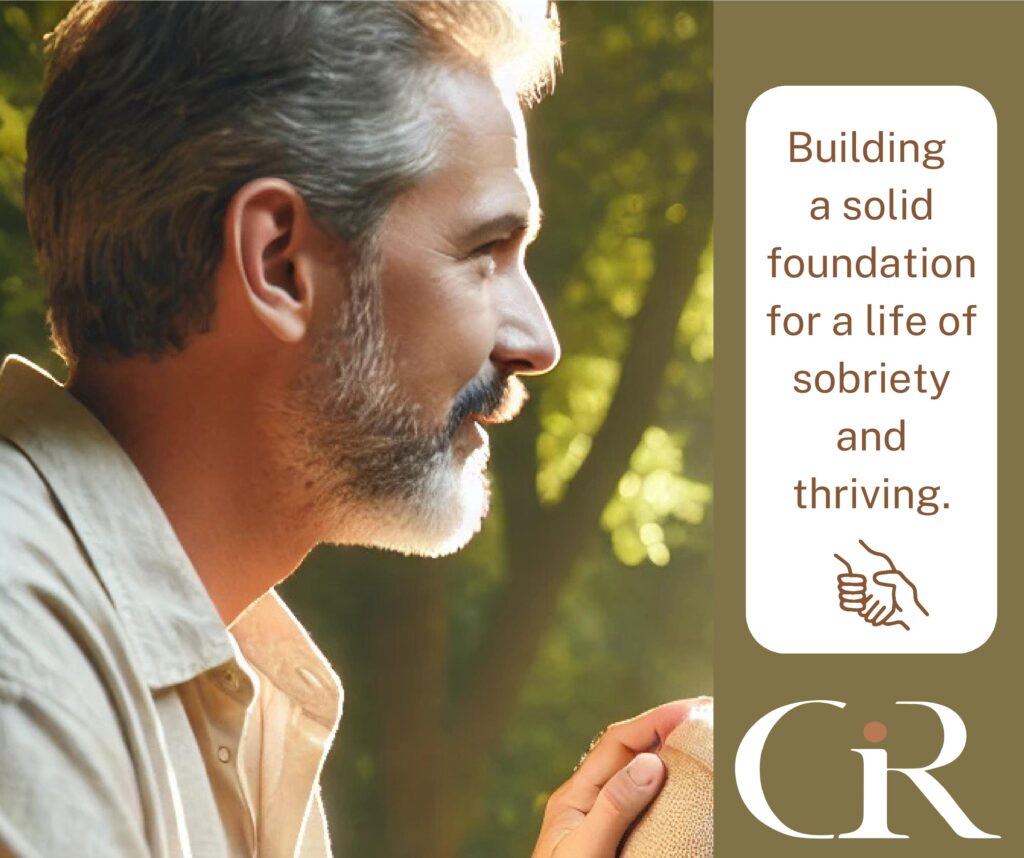New York City’s fast-paced, high-stress environment presents unique challenges for individuals in recovery from substance misuse. As they return to the city, maintaining sobriety and building a new, fulfilling lifestyle can be daunting, particularly without a strong support system. Connections in Recovery (CiR), renowned for its top-tier concierge sober coaching and companion services, provides essential support to help clients not only stay sober but also thrive in a healthy, balanced life. Established over a decade ago, CiR offers a referral base of skilled, empathetic sober coaches and companions throughout New York City and New York State, who guide clients through the complexities of early recovery and help them build a sustainable foundation.
The Value of a Sober Coach and Sober Companion in Recovery
Sober coaches and companions in New York City are an integral part of the recovery process, offering essential services that go beyond standard therapy or support group participation. They provide ongoing support and guidance, helping clients to:
- Monitor and Maintain Wellness: Sober coaches ensure that clients are safe, healthy, and on track to meet their recovery goals. By consistently monitoring wellness, sober coaches help individuals avoid relapse and reinforce positive habits.
- Transition Back to Community and Work: Returning to daily life, whether it’s work, social activities, or managing everyday responsibilities, can feel overwhelming. Sober companions assist clients in navigating this transition smoothly and provide the tools they need to adjust to their new, substance-free lifestyle.
- Set and Achieve Personal Goals: Coaches guide clients to identify and accomplish personal objectives, from improving physical health to enhancing relationships and career advancement. By working towards these goals, individuals in recovery build confidence and resilience.
- Develop Skills to Overcome Life’s Challenges: Recovery can present unexpected challenges, and sober coaches and companions teach practical coping strategies to handle setbacks and stress. Whether it’s budgeting, time management, or distress tolerance, these skills are essential for long-term success in recovery.
- Collaborate with Treatment Teams: Sober coaches maintain regular communication with the client’s treatment team to ensure that all treatment goals are achieved and prescribed interventions are followed, enhancing continuity of care and promoting a successful outcome.
Why a Sober Coach or Companion Matters in New York City
New York’s vibrant and sometimes demanding lifestyle requires a recovery approach that is both adaptable and resilient. Sober coaches and companions understand the city’s unique stressors and provide tailored strategies to help clients manage everyday situations without compromising their sobriety. Here are five specific ways a sober coach or companion can make a profound difference for someone in recovery:
- Consistent Accountability
Early recovery is often marked by the challenge of establishing new, healthy habits. A sober coach provides accountability by regularly checking in, setting achievable recovery goals, and helping clients avoid situations or triggers that might lead to relapse. This constant support is critical in a busy city environment where temptations can be close at hand. - Emotional Stability and Support
Recovery can bring emotional highs and lows. A sober coach offers a steady, judgment-free source of emotional support, allowing clients to process feelings of anxiety, loneliness, or stress without turning to substances. This emotional stability bolsters confidence and resilience, essential traits for sustaining sobriety. - Structured Routines and Healthy Habits
Building a stable routine is often essential for maintaining sobriety. Sober companions help clients create structured schedules that prioritize self-care, including exercise, balanced nutrition, and mindfulness practices. By embedding these routines into daily life, clients create a foundation of wellness that supports their recovery journey. - Real-World Skill Building
A critical part of recovery is developing skills to handle real-world challenges, such as managing social pressures or coping with emotional triggers. Sober coaches equip clients with strategies to handle these situations gracefully, empowering them to remain sober without isolating themselves from society. - Connection to a Supportive Community
Isolation can be a significant barrier to recovery. Sober companions help clients build connections with sober communities, support groups, and local resources. This sense of belonging provides a powerful reinforcement, offering a network of understanding peers and mentors.
About Connections in Recovery’s Approach to Personalized Care
Since 2011, Connections in Recovery (CiR) has been committed to providing compassionate, evidence-based support for individuals facing mental health and substance use challenges. With services ranging from case management to specialized sober coaching, CiR tailors every recovery plan to each individual’s needs. CiR’s objective, third-party consultation service ensures that clients receive unbiased, well-researched recommendations that prioritize effective, high-quality care. Through ongoing assessment, CiR stays up-to-date on the best resources in addiction recovery, including outpatient programs, residential facilities, and community services.
One of CiR’s signature offerings is its concierge sober companion service, which combines high-quality training with clinical insight to help clients maintain safety, stability, and progress in their recovery. By working closely with clients and their treatment teams, CiR’s sober companions foster long-term success and empower individuals to make lasting changes.
The Path Forward with Connections in Recovery
In New York City and beyond, having a sober coach or companion offers individuals in recovery the guidance, accountability, and support they need to establish a sober, fulfilling life. With the assistance of a sober coach, clients have a reliable partner in the recovery journey who will be by their side through every milestone and challenge. Connections in Recovery’s commitment to excellence and comprehensive care ensures that every client has the tools and support they need to rebuild their lives with confidence and resilience.

If you or someone you know is navigating the challenges of recovery, Connections in Recovery offers the compassionate, personalized support to make a sustainable difference. Contact CiR to learn more about how sober coaches and companions can help build a solid foundation for long-term sobriety.


